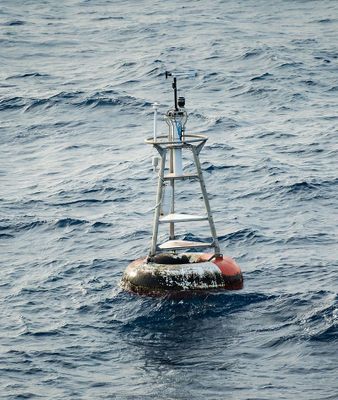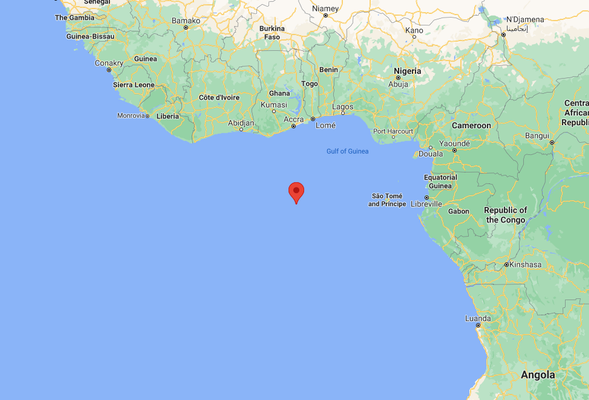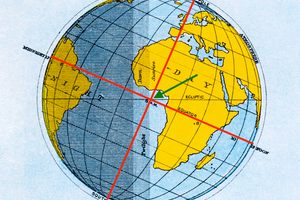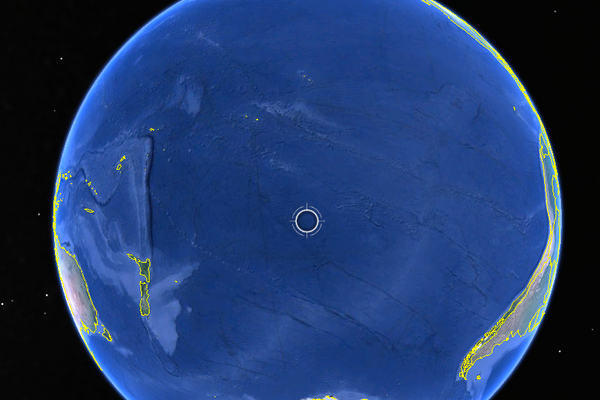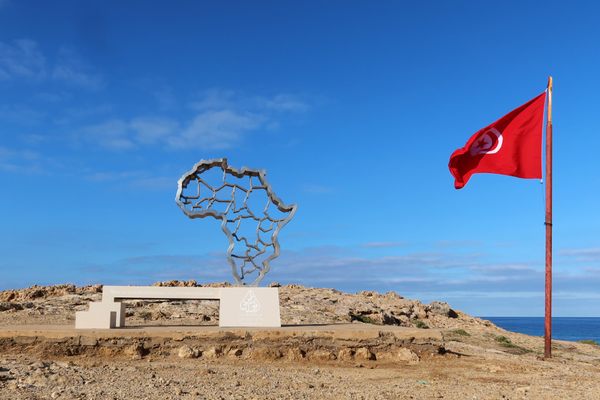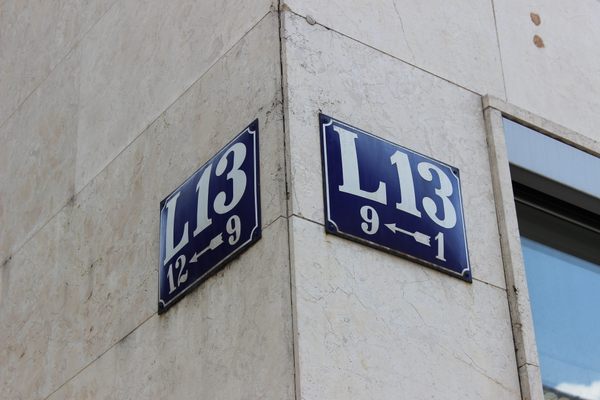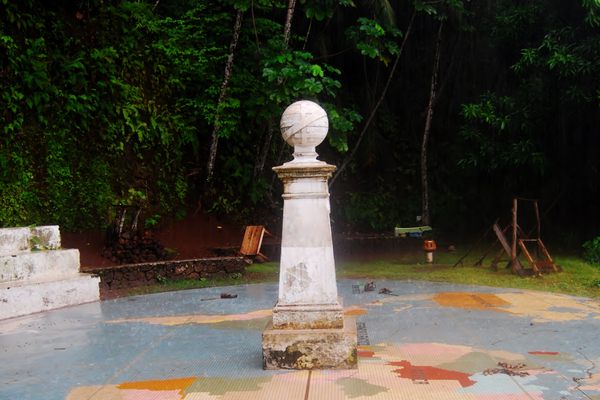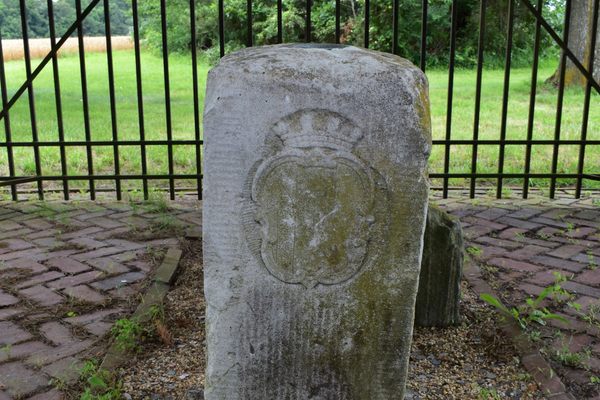About
At the point where the Prime Meridian and the Equator intersect, there is an island that appears to see quite a bit of traffic—a surprising fact, considering that it doesn't exist.
Sometimes, when uploading a photo to a website, tagging a post to a location, or writing an article for a popular travel website, you’ll find that the address you’ve entered leads to a location in the eastern Atlantic Ocean, off the coast of Africa. Closer inspection will reveal that this place has the distinctive coordinate set of 0°N 0°E, but no people or even land. So why does your computer think you’ve been there?
The issue usually stems from mapping software that can’t tell the difference between “zero” and “null” (meaning “no data”). Misspelled names or invalid addresses will sometimes result in geocoding software being unable to match a place name to a set of coordinates. If no data is available for a given location, computers will often fill in the coordinates as “0, 0” and bam—your trip to “Masachoosets” just became a trip to the Gulf of Guinea. This is usually intentional: The presence of items tagged to Null Island indicates missing location data, which can then be edited and fixed.
Despite being more than 300 miles from the nearest land, Null Island isn’t completely desolate. If you were to travel there, you would find a lonely buoy bobbing in the sea. This is part of the Prediction and Research Moored Array in the Atlantic (also known as PIRATA) a meteorological and oceanographic data collection system jointly operated by the United States, France, and Brazil for tropical weather forecasting. If you do happen to stop by and take a picture, don’t bother adding a location—your geocoding software will probably take care of that for you.
Related Tags
Community Contributors
Added By
Published
August 23, 2021
